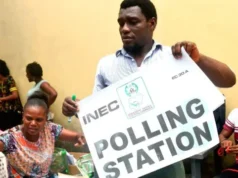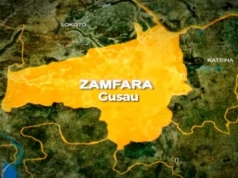In September 2024, Addis Ababa became the stage for a bold conversation about Africa’s future. From 30 September to 2 October, UNESCO, in partnership with the African Union Commission, convened the International Forum of UNESCO Chairs and Partners: Transforming Knowledge for Africa’s Future. Under the patronage of Ethiopian President Sahle-Work Zewde, the gathering brought together scholars, policymakers, and development leaders from across the continent.
At the heart of the forum was a shared concern: Africa must stop being treated as a passive recipient of knowledge produced elsewhere. Instead, the continent must reclaim its place as a driver of research, a custodian of indigenous wisdom, and a global partner in innovation. For Nigeria and the rest of Africa, the conversation could not be more urgent.
Table of Contents
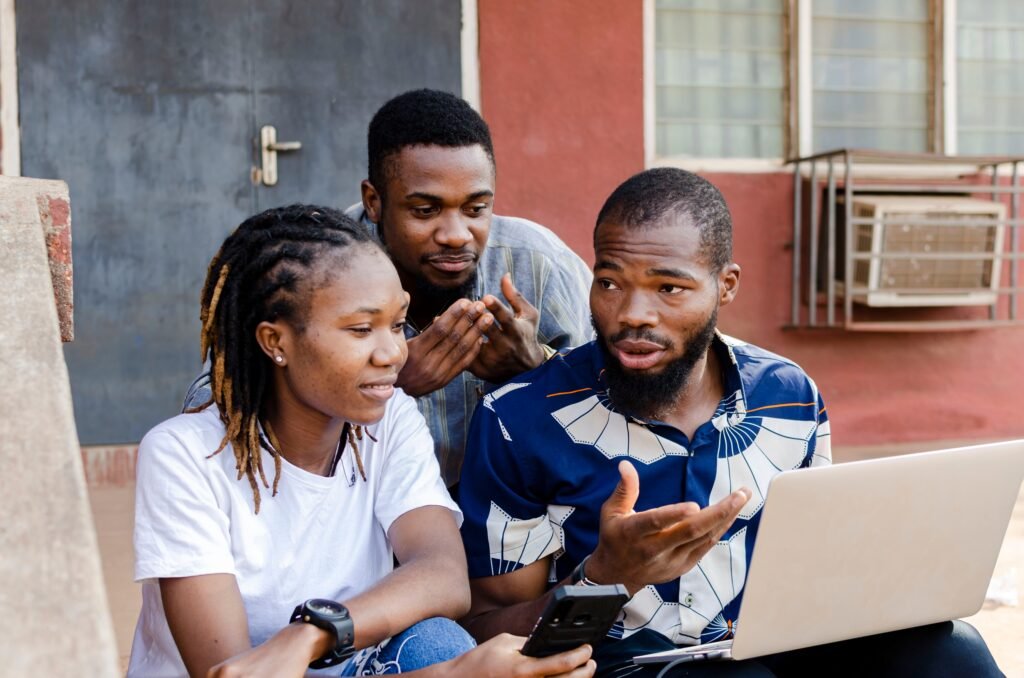
The Knowledge Gap Holding Africa Back
The statistics tell a troubling story. Africa is home to more than 2,500 universities and a vibrant youth population, yet it contributes only about 1% of global scientific research output. Investment in research and development remains far below the global average, with most African countries spending less than 0.6% of their GDP, compared to nearly 2% in advanced economies.
This shortfall is not just about numbers. It is about opportunities lost—jobs that never materialise, technologies that are imported rather than created locally, and indigenous knowledge systems that remain marginalised instead of driving sustainable solutions. For example, African traditions in medicine, farming, and environmental management hold lessons for climate resilience, yet they are often dismissed in favour of foreign models.
With Africa projected to host one in every four people on the planet by 2050, this imbalance is unsustainable. The continent’s demographic growth demands that education, research, and innovation move from the margins to the centre of development strategies. Otherwise, Africa risks being left behind in the very knowledge economy that will define the 21st century.
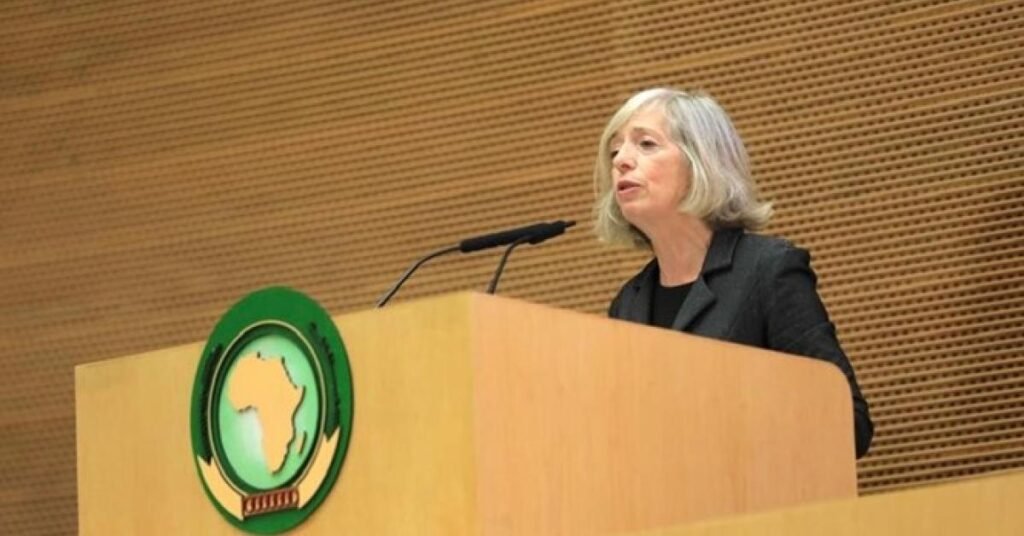
Seven Horizons of Transformation
To respond to this challenge, the forum highlighted what it called the Seven Horizons—a roadmap designed to support the African Union’s Decade of Accelerated Action for Education and Skills Development (2025–2034). These horizons capture the big shifts needed if Africa is to turn potential into power.
First, there must be a new emphasis on interdisciplinary and inclusive research. Africa’s problems—climate change, public health, digital transformation—cannot be solved within silos. Universities, governments, industries, and communities must work together.
Second, the recognition of indigenous knowledge systems must move from tokenism to real integration. Local languages, cultural heritage, and community practices need to be validated as rigorous sources of knowledge. From Yoruba herbal practices to Hausa farming methods, Africa has deep intellectual reserves that are too often ignored.
Third, partnerships must be rebalanced. While collaboration with the global North is still important, Africa needs stronger South–South and South–South–North cooperation—where African institutions work with each other, and with peers in Asia and Latin America, on equal terms.
Finally, education must be made future-ready. This means equipping young Africans not only with basic literacy and numeracy, but with digital skills, critical thinking, and adaptability for jobs that are yet to be invented. It also means promoting creativity, innovation, and ethical responsibility in the way knowledge is produced and applied.
These horizons are not theoretical ideals; they are calls to concrete action—investment in research, policy reform, institutional collaboration, and respect for cultural knowledge.
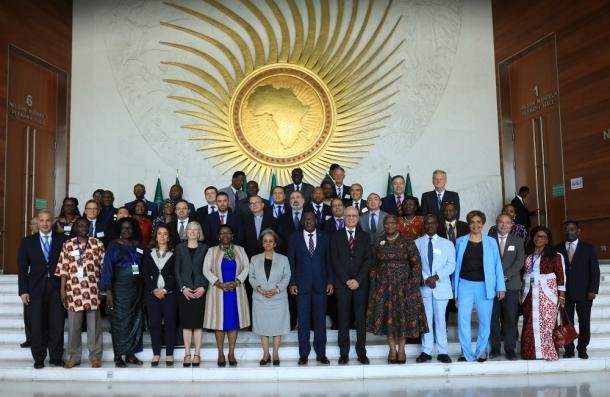
Why This Matters for Nigeria
For Nigeria, the largest black nation on earth, the stakes are particularly high. Our population is youthful and energetic, yet unemployment and underemployment remain stubbornly high. Our universities produce thousands of graduates annually, but very few compete globally in terms of research output.
Embracing the Seven Horizons could be transformative. Imagine if Nigeria invested even 1% of its GDP in research and innovation. Imagine if Nigerian universities collaborated more closely with counterparts across Africa, sharing resources, building joint laboratories, and funding continental research projects. Imagine if we elevated indigenous languages and knowledge systems, teaching not only in English but also in Yoruba, Hausa, and Igbo, while drawing from our communities’ centuries of experience in medicine, agriculture, and governance.
The UNESCO forum was a reminder that the future is not handed down—it is built. For Nigeria, building that future means putting knowledge at the centre of policy, funding, and everyday life. It means preparing our children not just for the jobs of today but for the challenges of tomorrow—climate change, artificial intelligence, pandemics, and global competition.
Above all, it means believing that African knowledge matters—that our traditions, our research, and our ideas are not second-class, but central to solving the problems of the world.
Join Our Social Media Channels:
WhatsApp: NaijaEyes
Facebook: NaijaEyes
Twitter: NaijaEyes
Instagram: NaijaEyes
TikTok: NaijaEyes
READ THE LATEST EDUCATION NEWS



